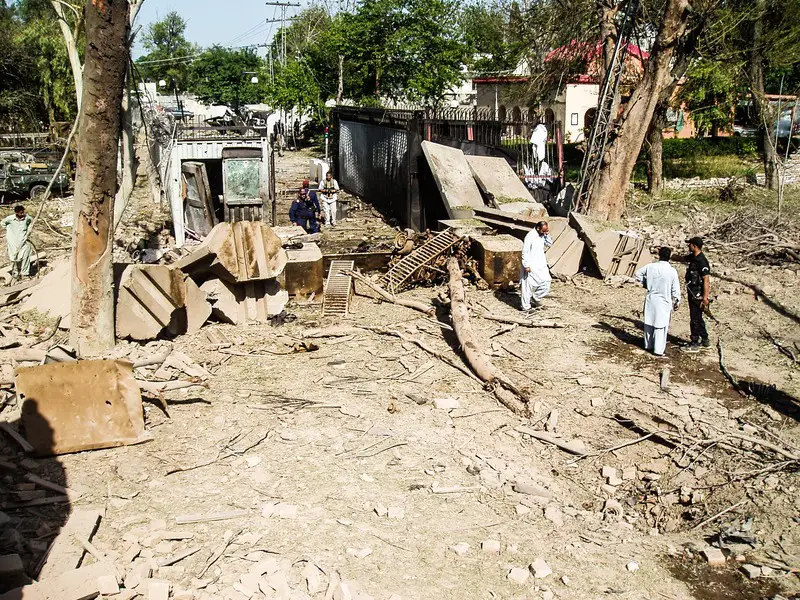On September 29th, in the Mastung district of Pakistan’s Balochistan province, a suicide bombing struck a religious procession celebrating the Prophet Mohammed’s birthday. The assault resulted in nearly 57 fatalities, with 58 more individuals sustaining injuries, a number of whom are critically wounded.
The worshippers were proceeding from a mosque when the incident occurred. Although no group has claimed responsibility for this act, organizations such as the Pakistani Taliban and ISIS-Khorasan, which have operations in Pakistan and Afghanistan, have conducted comparable assaults in Balochistan in the past.
Another unrelated blast occurred hours later in a mosque in the Khyber Pakhtunkhwa province during Friday prayers, causing the roof of the mosque to collapse, killing an additional five people and leaving numerous others trapped under debris.
The distinguished police officer Mohammad Nawaz is among those who lost their lives in the Mastung bombing. While it is clear that this was a terrorist act, investigations are being carried out to determine if this was a targeted suicide attack. Despite safety warnings and a heightened state of alert, authorities were unable to prevent the bombing.
Both the president and the interior minister of Pakistan extended their condolences and vocalized their disapproval of the attacks. Since these occurrences, measures to increase security in the vicinity of Pakistani mosques, particularly during prayer times, have greatly increased.
Balochistan, a region abundant in gas resources, is no stranger to violent episodes. The province faces a moderate rebellion carried out by Baloch separatists lasting more than two decades and frequent assaults from elements of the Islamic State. The separatist groups primarily demand a fairer distribution of the province’s wealth and resources while the region, along with neighboring Khyber Pakhtunkhwa, is prone to attacks and invasions from Islamist militants challenging the Pakistani government due to its porous border with Afghanistan.











